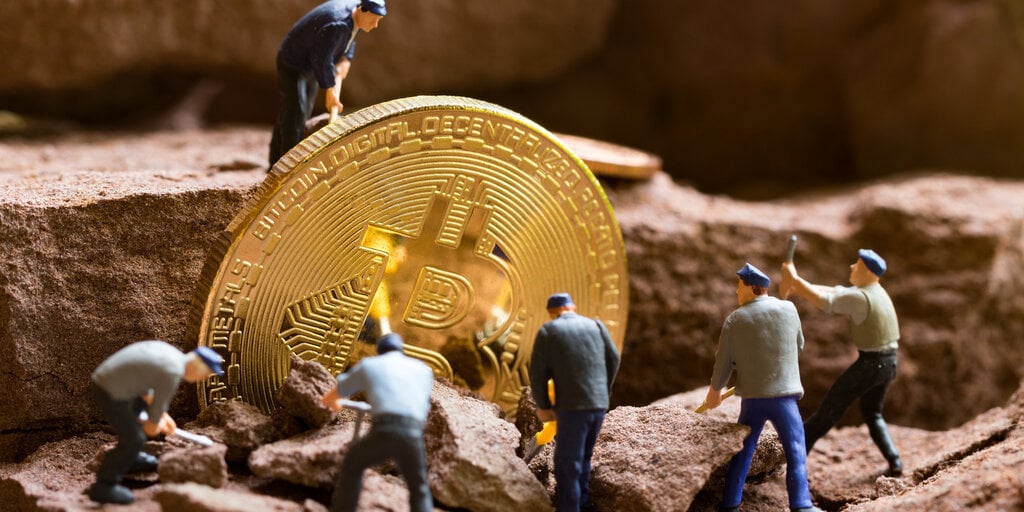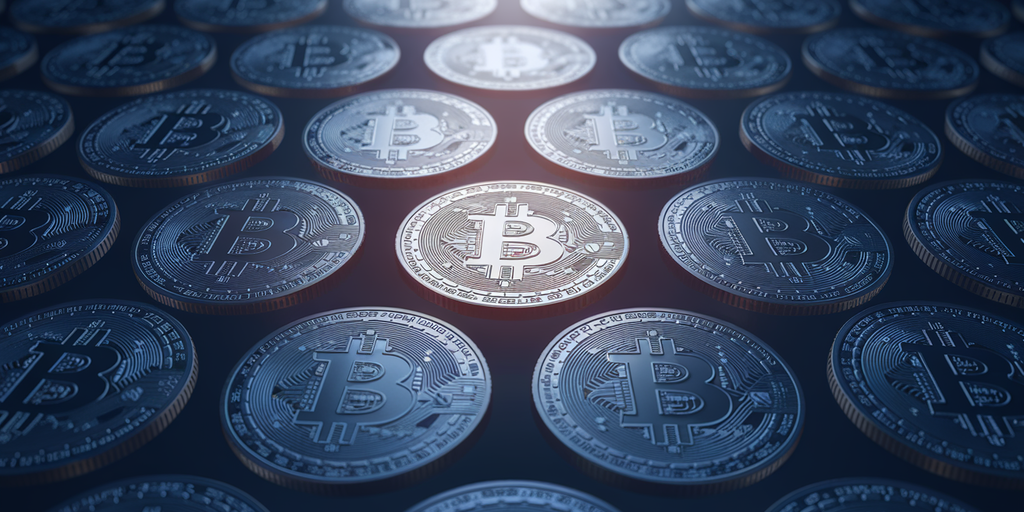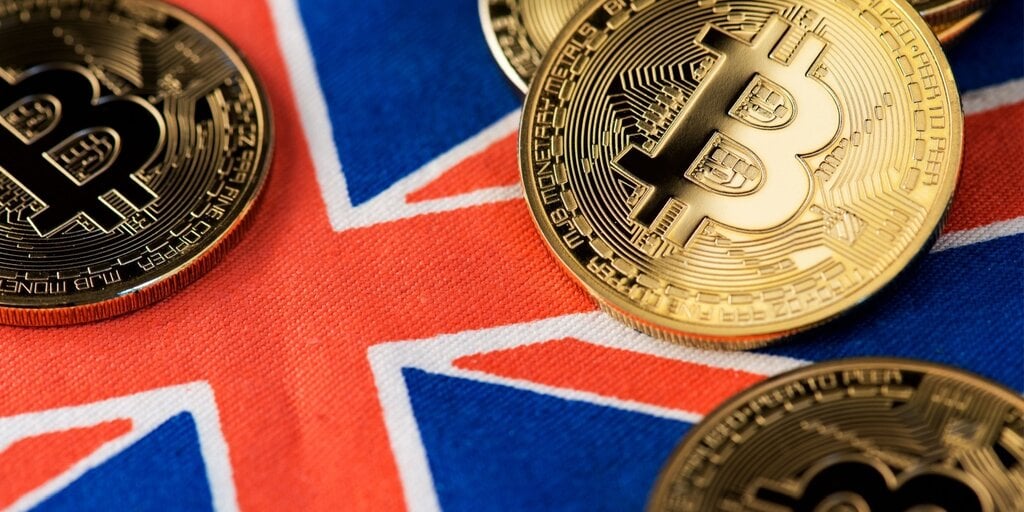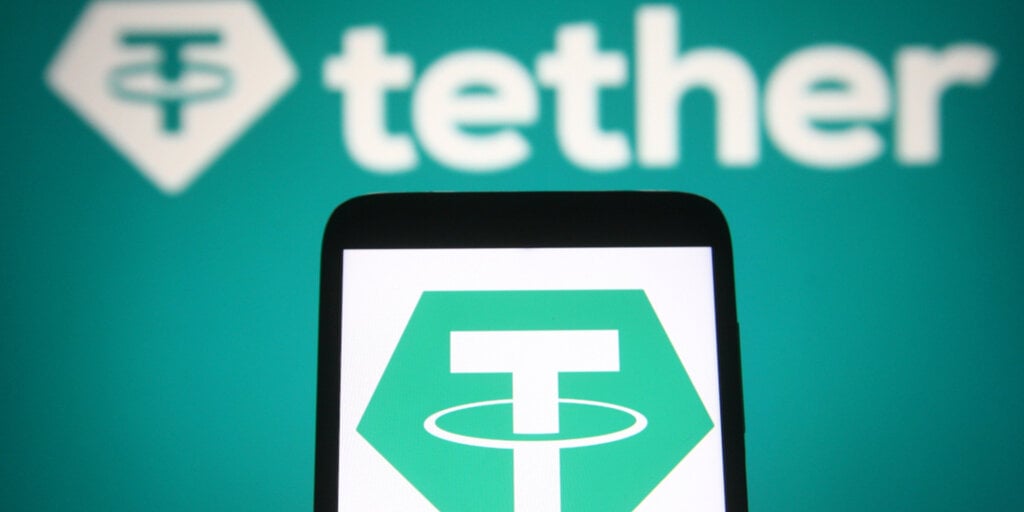Bitcoin Miners Defying the Odds with Solo Mining Success
Introduction
Bitcoin mining has become increasingly industrialized over the years, with large-scale mining operations dominating the landscape. However, a growing number of solo miners are defying the odds and succeeding in mining blocks, bringing in substantial rewards. One such miner processed a block and bagged a 3.125 BTC reward, worth $259,637, in a recent feat.
Was the Miner Lucky? Is Solo Mining Becoming More Common?
The success of solo miners has sparked curiosity, with many wondering if they were simply lucky or if solo mining is becoming more common. While solo mining is still a challenging and uncertain endeavor, the number of solo miners solving blocks has increased in recent months. In 2022, solo miners using the Solo CKPool service solved seven blocks, a number that jumped to 12 blocks in 2023 and 16 blocks in 2024.
The Rise of Hobby Miners
The rise of hobby miners is also a factor in the apparent growth of individual block wins. Hobby miners are using smaller, more affordable mining equipment, such as the Bitaxe and FutureBit Apollo, which sell for between $200 and $500. These machines are now the favorite gadgets of “Bitcoin maximalists” who want to decentralize mining and make it accessible to anyone.
The Mining Pool Industry
The mining pool industry is dominated by a few large players, including Foundry, AntPool, and F2Pool. Miners connect to these pools, share resources, and split rewards. However, services like Solo CKPool offer a different approach, where miners get the reward once they find a block and keep nearly all of it.
Decentralization and the Future of Mining
The rise of solo miners and hobby mining is seen as a step towards decentralizing the mining process. Bitcoin maximalists believe that mining needs to be decentralized to maintain the integrity and security of the network. By making mining more accessible, the goal is to create a more decentralized and community-driven process.
Can an Average Joe Succeed with Minimal Resources?
While solo mining is still a challenging and uncertain endeavor, it is possible for an average Joe to succeed with minimal resources. According to Scott Norris, CEO of independent Bitcoin miner Optiminer, mining without the support of a big pool is “still like playing the lottery.” However, with the rise of hobby mining equipment and services like Solo CKPool, it is becoming easier for individuals to get started.
The Role of Hash Rate and Decentralization
The success of solo miners is often attributed to their collective hash rate, which is the computational power committed to supporting the Bitcoin network. While conglomerates can process blocks by having a lot of hash rate, it is possible for individuals to contribute to the network and earn rewards through solo mining.
Conclusion
The rise of solo miners and hobby mining is a significant development in the world of Bitcoin. As the network grows and becomes more decentralized, it is likely that we will see more individuals and small-scale miners contributing to the process. While solo mining is still a challenging and uncertain endeavor, it is becoming more accessible and achievable for individuals with minimal resources.
FAQs
Q: What is solo mining?
A: Solo mining refers to the process of mining Bitcoin without the support of a big pool. This means that miners work individually and do not share resources or split rewards.
Q: Why is solo mining becoming more common?
A: The rise of hobby mining equipment and services like Solo CKPool has made it easier for individuals to get started with solo mining.
Q: What is the role of hash rate in solo mining?
A: Hash rate is the computational power committed to supporting the Bitcoin network. A higher hash rate increases the chances of finding a block and earning a reward.
Q: Can an average Joe succeed with minimal resources?
A: While solo mining is still a challenging and uncertain endeavor, it is possible for an average Joe to succeed with minimal resources. However, it is essential to note that mining without the support of a big pool is “still like playing the lottery.”
Q: What is the goal of decentralization in mining?
A: The goal of decentralization in mining is to create a more community-driven and secure process. By making mining more accessible, individuals can contribute to the network and earn rewards without relying on large-scale mining operations.
Q: What is the impact of solo mining on the mining pool industry?
A: The rise of solo mining and hobby mining is challenging the dominance of large mining pools. As more individuals and small-scale miners contribute to the network, the industry is becoming more decentralized and community-driven.








![Crypto Will Remain Boring Until… [COMING SOON] Crypto Will Remain Boring Until… [COMING SOON]](https://i.ytimg.com/vi/bi_kJKY1K8M/hqdefault.jpg)

